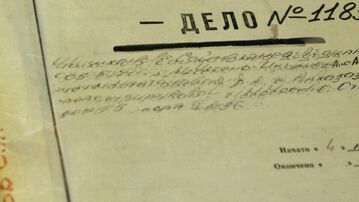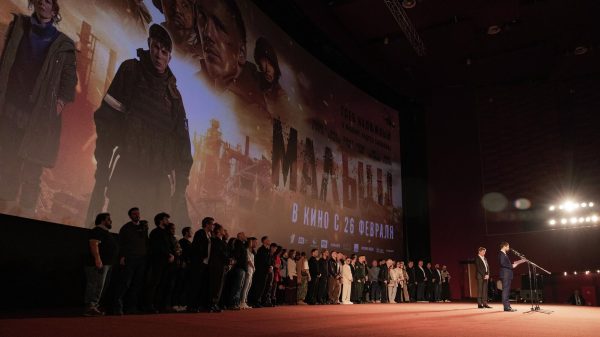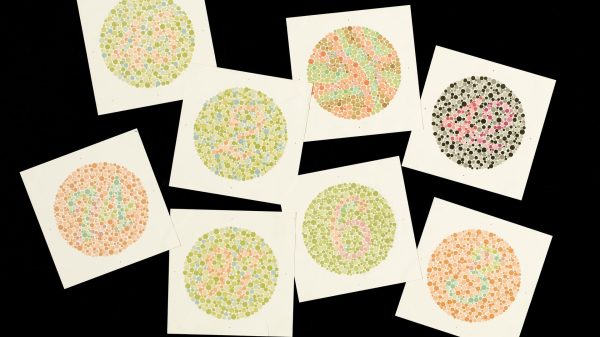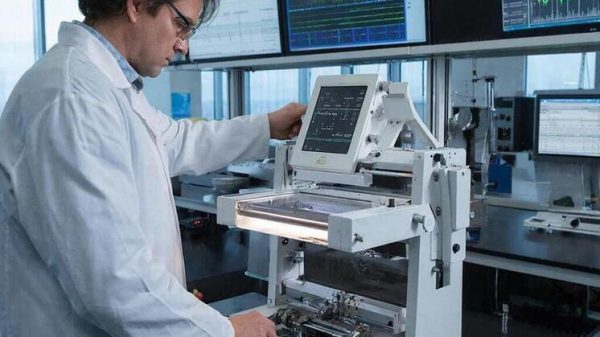
MOSCOW, February 16The prognostic value of genetic information is extremely important for the next generations, but ethical questions arise that cannot be easily resolved, says Maria Vorontsova, deputy dean of the Faculty of Fundamental Medicine of Lomonosov Moscow State University, leading researcher at the National Medical Research Center for Endocrinology of the Russian Ministry of Health, and member of the presidium of the Russian Association for the Promotion of Science.
As part of the Eurasian Philosophical Congress, which takes place in Moscow, experts discussed the ethical and philosophical aspects of the development of modern genetics.
«The prognostic value of genetic information is also extremely important for the next generations. If this is only my mutation and not further inherited, that’s one question. And if not only mine? And if it is inherited? What will your mother-in-law, mother-in-law, your husband’s family, and so on say? These are dilemmas that are so easy and cannot be resolved in a snap,” Vorontsova said at a panel discussion at the congress.
The expert emphasized that genetic information cannot be considered completely individual, since genes are inherited from parents and passed on to children.
Vorontsova said that thanks to genome-wide research, 8 thousand diseases can be diagnosed, but not all can be treated or prevented. The doctor, she noted, faces an ethical task — whether to inform the patient about “breakdowns” in his genes, and whether the patient should be informed about the results of the study.
«»The doctor is left with such a conglomerate of information that he does not know what to do with. If he downloads it to a patient or client, one might say that the client no longer knows what to do with it. Everyone does not know what to do with it. Here this is the situation,” she said.
An even more complicated ethical question arises in the case when a child is subjected to polygenomic sequencing, Vorontsova noted. She asked congress participants what share of information parents are entitled to receive.
“Here we have found the cause of a disease that may manifest itself in the coming years. Is the doctor obligated to report this? Well, it seems to us that he is obligated to do something better for the child, to prevent the development of complications or even the development of the disease as a whole. And if it is impossible to prevent the development of the disease «Wait until the disease manifests itself, and then tell the parents — well, yes, we knew two years ago that the child would have this, but there was no therapy, it was not intended, so we didn’t tell you. I don’t want to know what this parent will say doctors at this moment,” Vorontsova explained.
She also addressed the topic of informed consent. According to her, for truly informed consent the patient needs to be at approximately the same level of knowledge of the issue as the doctor.
“If the patient has a mediocre understanding of the subject, then how can we say that we informed him? Before achieving the degree of Candidate of Sciences, a doctor studies for 12-14 years, but here we told the patient everything in 4 minutes. This is basically impossible.” , Vorontsova explained.
Acting Deputy Director for Scientific Work of the Institute of Philosophy of the Russian Academy of Sciences, Olga Popova, in her speech, drew attention to the shift in the focus of research in modern biomedicine to “human improvement, its optimization and strengthening.”
“The path of posthumanity based on the genetic modification of the natural body, that is, the path associated with the modification of the human genome, is being paved by two groups of people involved — on the one hand, scientists who are focused on innovation, and on the other hand, parents who want a perfect child,” — Popova explained.
She noted that a scientist, pursuing his cognitive interests, can hide behind the screen of parents’ desires to have a “child improved to suit their needs.”
““A parent can unwittingly play the role of a genetech promoter and it turns out that a scientist needs it to realize personal cognitive ambitions and, in a broad sense, to break the barrier between inventors and users of genetic technologies,” Popova concluded.
State Duma deputy, professor at the Financial University under the Government of the Russian Federation Oleg Matveychev, as part of a panel discussion, drew attention to the civilizational aspect of the development of genetics.
«Genetics is a very strict, mathematically rigorous science, because in their research there are four amino acids, and in what proportion they will be added and what is the repeatability of loci — everything will be clear there, you can easily calculate it mathematically,» he said.
He noted that in this paradigm, all people are offspring of “a certain single civilization that existed 4 thousand years ago.”
«It has foundations, we can look for these foundations in language, in folklore, in various micro-practices that our peoples, our civilizations have preserved… from all this constructor we can find first concepts, first practices, first principles, first codes,» — Matveychev noted.






















































Свежие комментарии